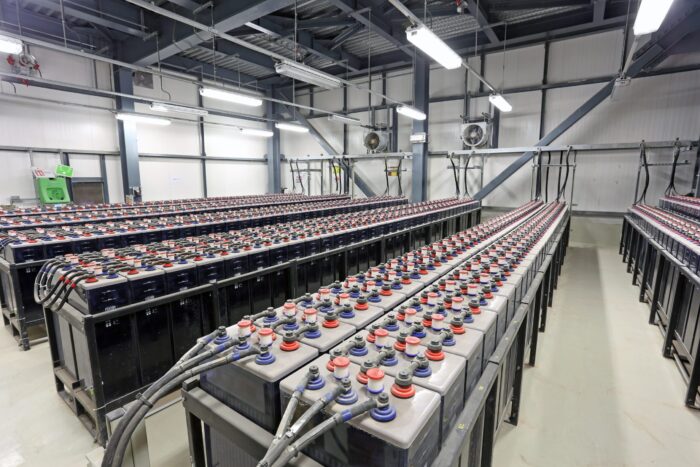Why Industry Standard UPS Systems Are Essential for Modern Workspaces
Power instability is one of the most overlooked threats to modern digital environments.
Whether you’re managing a home office, a retail store, or a full-scale data center, unexpected power outages, voltage drops, or surges can cause more than just momentary disruptions — they can lead to hardware damage, data loss, and long-term operational setbacks. This is where industry standard UPS (Uninterruptible Power Supply) systems come into play, offering a dependable line of defense that’s designed to meet the rigorous demands of today’s technology-driven world.
Unlike basic power backup devices, industry standard UPS systems are built with compliance, reliability, and performance in mind. These units follow recognized international standards that ensure they deliver more than just temporary power. They provide clean, stable electricity during fluctuations, prevent sudden shutdowns, and allow critical systems enough time to save data or switch to a backup generator without interruption. These standards are not just technical guidelines; they represent years of engineering development aimed at safeguarding the equipment businesses rely on.
For organizations that depend heavily on IT infrastructure — including servers, networking gear, or surveillance systems — choosing a UPS that adheres to global standards is a smart move. Standards like those set by the IEC (International Electrotechnical Commission), ISO (International Organization for Standardization), and UL (Underwriters Laboratories) help ensure that the UPS you’re using meets safety regulations, energy efficiency requirements, and performance expectations. These certifications are more than just labels — they’re proof that the device has been tested in real-world scenarios and is equipped to handle them reliably.
In an age of remote work, e-commerce, cloud computing, and 24/7 operations, downtime is more costly than ever. Even a few minutes of power loss can interrupt transactions, compromise data integrity, and damage customer trust. That’s why companies are increasingly investing in UPS systems that don’t just work — they comply with industry benchmarks that guarantee high performance. From automatic voltage regulation to battery self-testing and remote monitoring, standard-compliant UPS units offer features that extend far beyond simple battery backup.
There’s also the long-term value to consider. While budget UPS units may seem attractive at first glance, they often lack the durability, smart features, and certifications required for mission-critical applications. In contrast, industry standard UPS systems are built for long-term use, with better battery management, replaceable components, and support for integration into larger energy management systems.
In short, industry standard UPS systems are not a luxury — they are a necessity for anyone serious about protecting digital assets and maintaining operational continuity. Whether you’re a small business owner or managing enterprise-level infrastructure, investing in certified, reliable UPS equipment is one of the most cost-effective ways to guard against uncertainty and keep everything running smoothly.









